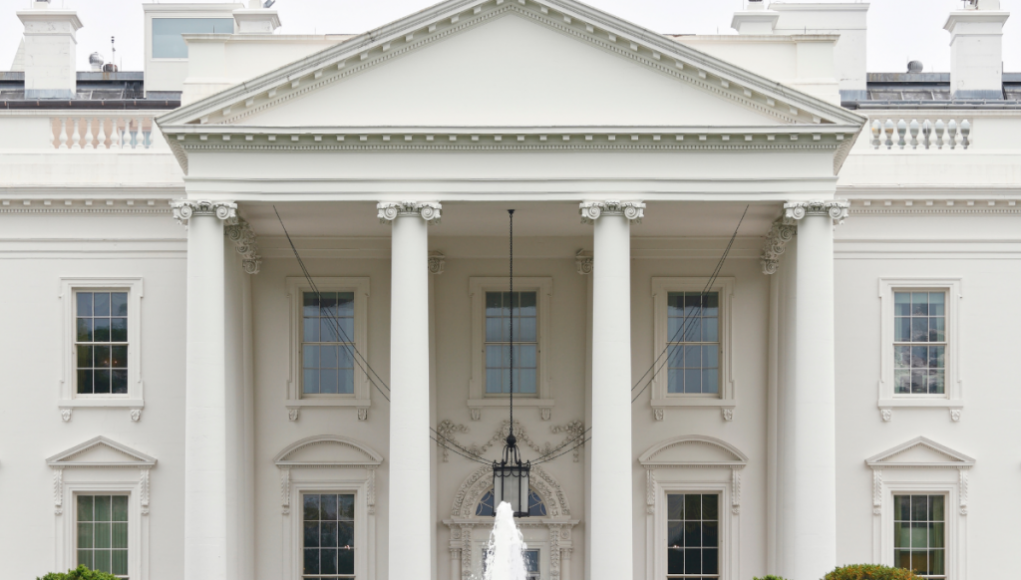Exciting news! The Biden Administration has just announced new efforts to advance the research, development, and deployment of responsible artificial intelligence (AI) that protects individuals’ rights and safety and delivers results for the American people.
The White House Office of Science and Technology (OSTP) has released an updated National AI R&D Strategic Plan, which provides a roadmap for key priorities and goals around federal investments in AI research and development. Additionally, there is a new request for public input on critical AI issues and a new report on AI risks and opportunities related to education.
The White House also hosted a listening session with workers from diverse sectors, including call centers, trucking, warehousing, healthcare, and gig work, to hear firsthand experiences with employers’ use of automated technologies for surveillance, monitoring, evaluation, and management.
NeuralNation had the opportunity to discuss these announcements and the federal government’s overall AI regulation efforts with Sarah Myers West, managing director of the AI Now Institute and former senior adviser on AI at the Federal Trade Commission. Read on for her insights.
The White House’s recently unveiled National AI Strategy has been widely hailed as a good first step in developing the United States’ AI policy. But despite its positive reception, experts say the strategy fails to adequately address key aspects of the rapidly evolving field of artificial intelligence.
One of the key shortcomings of the National AI Strategy is the lack of a clear regulatory framework. The federal government’s current approach to AI is piecemeal, with individual agencies and departments creating their own policies and regulations without a holistic, comprehensive system governing all aspects of AI development and deployment. Without an overarching structure in place, it’s difficult for the public to understand the various agencies’ roles and how they interact with each other.
The strategy also fails to adequately address the ethical implications of the increasingly prevalent use of artificial intelligence. The use of AI carries a wide array of ethical considerations, from the use of biometric data to the potential exclusion of certain ethnic and racial groups from AI-generated decision making. Not only is the National AI Strategy largely silent on these ethical considerations, it doesn’t even specify who is responsible for addressing them.
Another shortcoming of the National AI Strategy is that it fails to recognize the rapidly changing nature of the AI field. Because of the high pace of innovation, new technologies and applications emerge regularly and must be addressed in a timely manner. Unfortunately, the strategy provides little guidance on how the government should handle these new developments and how to quickly and efficiently implement new regulations and policies.
Finally, the strategy overlooks the importance of public-private collaboration when it comes to AI development and deployment. The private sector is increasingly taking a major role in the development of artificial intelligence, yet the National AI Strategy fails to adequately address the potential benefits of public-private partnerships for the advancement of the field.
Overall, while the White House’s National AI Strategy is a good first step towards developing a national policy regarding artificial intelligence, it fails to adequately address key aspects of the field — from regulatory gaps to ethical considerations and industry collaboration. For the government to truly realize the full potential of AI, it needs to create a comprehensive and robust strategy that takes all of these issues into account.




















